What Happens to a Coral Reef When an Island is Built on Top?

Seven such coral reefs are being turned into islands, with harbors and landing strips by the Chinese military, and it is destroying a rich ecological network. “It’s the worst thing that has happened to coral reefs in our lifetime.”
Coral Bleaching Threat Increasing in Western Atlantic and Pacific Oceans
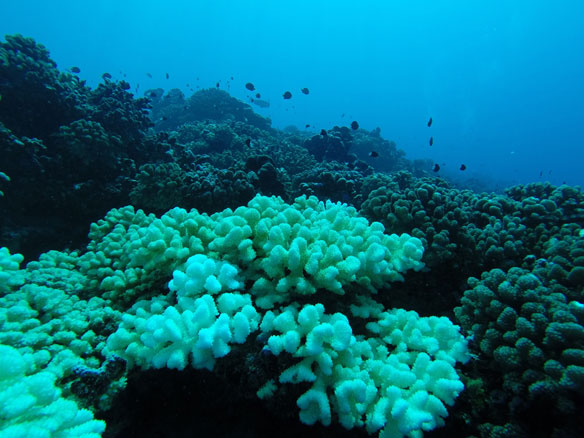
As unusually warm ocean temperatures cover the north Pacific, equatorial Pacific, and western Atlantic oceans, NOAA scientists expect greater bleaching of corals on Northern Hemisphere reefs through October, potentially leading to the death of corals over a wide area and affecting the long-term supply of fish and shellfish.
Unesco Spares Great Barrier Reef In-Danger Listing But Issues Warning
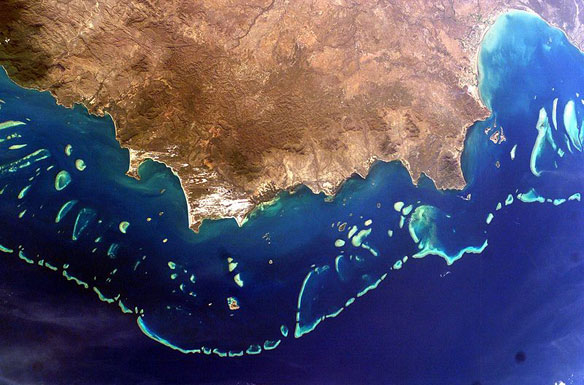
The UN has ruled against listing the Great Barrier Reef as “in danger”, congratulating Australia on its conservation plan but giving it five years to halt deterioration of the natural icon.
Diverse Corals Persist, But Bioerosion Escalates in Palau’s Low-pH Waters
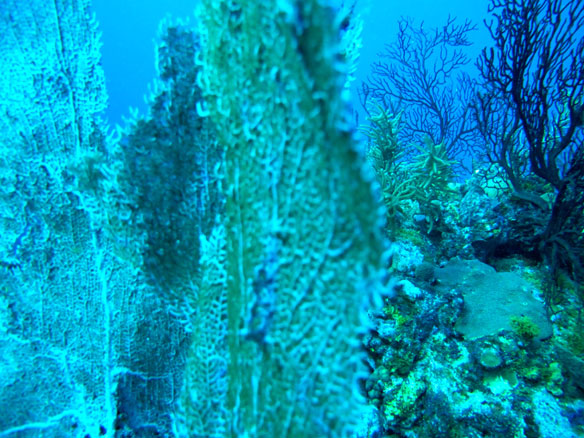
As the ocean absorbs atmospheric carbon dioxide released by the burning of fossil fuels, its chemistry is changing.
Boracay Experiencing Beach Erosion, 70% Coral Loss; Philippines
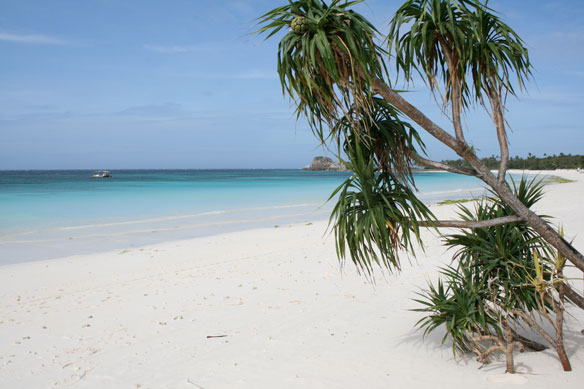
According to a study conducted by Japanese and Filipino scientists, coral cover in Boracay Island declined by about 70.5 percent from 1988 to 2011, and the highest decrease in the 23-year period, was recorded between 2008 and 2011, as tourist arrivals rose by 38.4 percent…
Great Barrier Reef: UNESCO Recommends World Heritage Site Not be Placed on ‘In Danger’ List
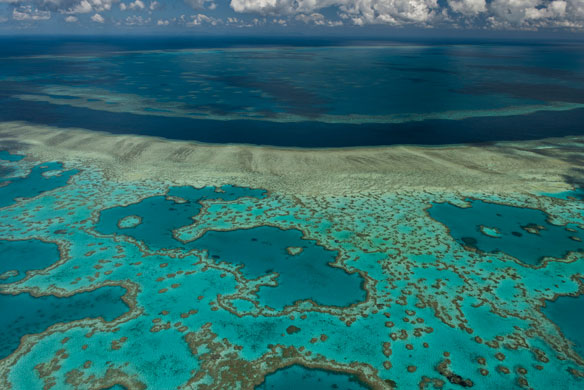
World’s largest coral reef to remain on UN’s watchlist as draft ruling calls on Australia to ‘rigorously’ implement its conservation commitments. Environmental groups consider the reef – regardless of the Unesco ruling in June – technically in danger.
Land Bridge Linking Americas Rose Earlier Than Thought

There’s new geologic evidence that the narrow Panama land bridge emerged from the sea 12 million to 15 million years ago, much earlier than thought. This early uplift wreaks havoc with prevailing ideas, which suggest this strip of land established itself just 3 million years ago.
Ocean-scale Dataset Allows Broad View of Human Influence on Pacific Coral Reef

A study draws on data from nearly 40 islands and atolls across the central and western Pacific, including 25 unpopulated islands, to investigate the relative influence of environmental variation and human presence on reef fish assemblages. The resulting message is sobering.
Despite Protections, Miami Port Project Smothers Coral Reef in Silt
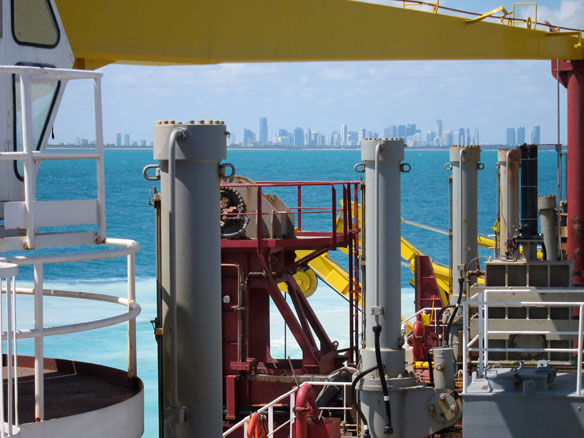
The government divers who plunged into the bay near the Port of Miami surfaced with bad news again and again: Large numbers of corals were either dead or dying, suffocated by sediment. The source of the sediment, environmentalists say, is a $205 million dredging project…
